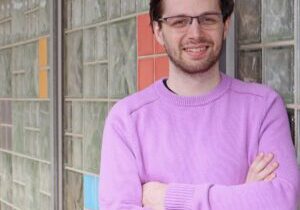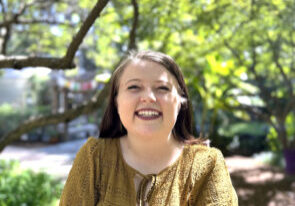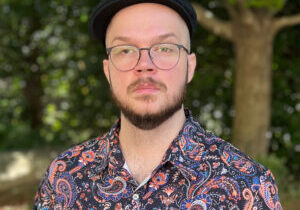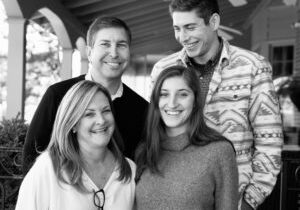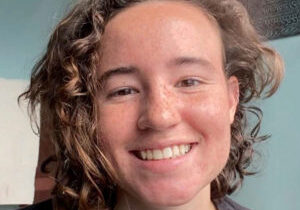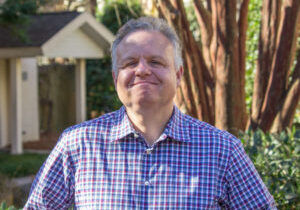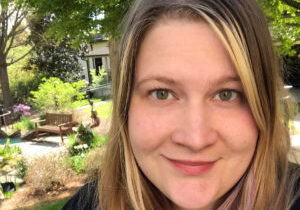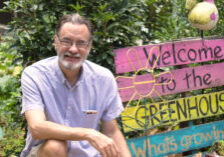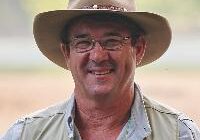Residential Treatment for Anxiety Disorders
As a top psychiatric treatment facility for anxiety, Skyland Trail specializes in treating adults with complex mental health challenges. Residential treatment is our most intensive level of care for anxiety treatment. Residential treatment often is the best next step for adults leaving a hospital or acute care facility. Adults with anxiety may also admit directly to our day treatment program in Atlanta.
Effective Medication Therapy for Anxiety
Anxiety is one of the most responsive diagnoses to treatment with medications. The classic approach for people with generalized anxiety is to prescribe SSRIs, the same medications that are helpful for depression. However, the medications have to be dosed differently to effectively treat anxiety.
For people with physical symptoms like sweating, dry mouth, racing pulse, a class of medications called beta-blockers can be very helpful because they have no side effects that impact cognition.
Some classes of medications for anxiety, like benzodiazepines, can be abused. They work well initially but with long-term use (greater than a couple weeks), they tend to cause cognitive slowing, and they are very addictive, especially for people who misuse alcohol. If indicated for a patient with severe symptoms, Skyland Trail psychiatrists limit the time of use of these medications, only until longer-term solutions can be identified and initiated.
CBT for Anxiety Disorders
Through cognitive behavioral therapy, or CBT, individuals learn to understand the relationship between their thoughts, behaviors, and mood, and then develop skills to change one of those three elements to affect the other two. For example, they may learn to recognize and reframe an unhealthy automatic thought: “I always fail.” Using CBT skills, they may be able to train their brains to instead think: “I might fail, but I will be OK. But I also often succeed, and could be successful in this situation if I prepare appropriately.” A healthier thought pattern could lead to improved mood and behaviors.
Client Stories
Evidence-based Treatment for Anxiety Disorders
Skyland Trail is not a "one-size-fits-all" mental health treatment facility. Each client begins with a robust diagnostic assessment at admission. And we match each client with a specialized treatment team, recovery community, and weekly schedule based on their diagnoses, challenges, and goals.
Through cognitive behavioral therapy, or CBT, individuals learn to understand the relationship between their thoughts, behaviors, and mood, and then develop skills to change one of those three elements to affect the other two. For example, they may learn to recognize and reframe an unhealthy automatic thought: “I always fail.” Using CBT skills, they may be able to train their brains to instead think: “I might fail, but I will be OK. But I also often succeed, and could be successful in this situation if I prepare appropriately.” A healthier thought pattern could lead to improved mood and behaviors.
Physical symptoms, such as chronic headaches, GI problems, or sexual dysfunction, can be the body’s way of externalizing some of the internal pain caused by anxiety. Skyland Trail clinicians in our onsite wellness and primary care clinic can help clients manage their physical symptoms as part of the client's overall treatment plan.
Adults and college students with anxiety may rely on alcohol or other substances to mask anxiety and be able to function in social situations. If clients need help recovering from a substance use problem, we help them address both their anxiety diagnosis and their substance use issue simultaneously, which research shows is essential for full recovery.
Clients with co-occurring substance use disorders are assigned to a recovery community like cognitive behavioral therapy (CBT) to address the symptoms of anxiety as well as an additional dual diagnosis (DD) recovery community. Clients in the dual diagnosis recovery community meet in an additional daily group focused on understanding the addictive process, managing cravings, utilizing community supports and preventing relapse.
Trauma – particularly when experienced in early childhood – is very predictive of developing all mental illnesses, including anxiety. Skyland Trail practices trauma-informed mental health care. Trauma-informed care allows trauma survivors to first address the symptoms of a diagnosed mental illness like anxiety before processing their trauma.
Completing trauma-informed psychiatric treatment for anxiety helps clients develop a foundation for continued growth and recovery. Clients who are trauma survivors are then better prepared and equipped to pursue formal trauma treatment with a specialized mental health provider.
Some patients with anxiety and a history of trauma may participate in an additional group focused on cognitive processing therapy (CPT) based on the recommendation of their treatment team.
Biofeedback, employed in combination with CBT, can help patients understand the connection between their internal anxious feelings and their bodies’ external reactions, and how they can use one to control the other. For example, a patient can connect to a monitor that measures how much her hands are sweating. While connected, the patient works with a therapist to try to change her thinking and behaviors. If she can effectively modify her thought patterns, she can see immediate results on the monitor of how her body is responding to those changes by sweating less. Biofeedback can provide a sense of empowerment for people, when they see evidence that they have some control over their own thoughts and physical reactions even in stressful situations.
Age Appropriate Treatment for Bipolar Disorder
- social media
- demanding academic and extracurricular activities
- expectations of perfection and fear of failure
- excessive social monitoring
If young adults do not have healthy coping skills and an effective treatment strategy in place, they may find themselves in crisis or unable to function on a day-to-day basis.
Young adults with anxiety entering the residential treatment program at Skyland Trail admit to the Rollins Campus or South Campus and reside in a private room with a private bathroom.
We offer more than 150 different groups each week. Some groups are more general and are appropriate for clients of all ages and diagnoses. Other groups are more specialized. Examples of groups that address the unique challenges of young adults are those focused on healthy relationships in young adulthood, identity and insight, healthy social media use, and social and assertiveness skills.
A men's peer support group, women's peer support group, BIPOC peer support group, and LGBTQ peer support group also are offered as part of the holistic curriculum.
- re-evaluating personal values and priorities
- strategies to achieve work-life balance
- incorporating self care into daily routines
- shifting from a future focus to a present focus
Adults ages 25 and older entering the residential treatment program admit to Skyland Trail South or Rollins Campus and reside in a private bedroom with a private bathroom.
We offer more than 150 different groups each week. Some groups are more general and are appropriate for clients of all ages and diagnoses. Other groups are more specialized. Examples of groups that address the unique challenges of this age group are those focused on loss and grief, finding work-life balance, anger and acceptance, codependence, and healthy relationships in middle to late adulthood. A men's peer support group, women's peer support group, and LGBTQ peer support group also are offered as part of the holistic curriculum.
A Holistic Approach to Wellness
In addition to medication and therapy, through our horticulture, arts and music programs, individuals can build confidence, identify and externalize potentially difficult feelings, and address symptoms through creative expression and social interaction.
We provide education about the increased risk for medical diseases and help prevent those diseases through our primary care and wellness program.
Our clients have the opportunity to explore potential spiritual resources through interfaith spiritual counseling. And, because an important part of therapy for individuals with depression is shifting their focus outside of themselves, our clients participate in organized humanitarian efforts and in our vocational services program to set and work toward goals for school, work or volunteer activities.

